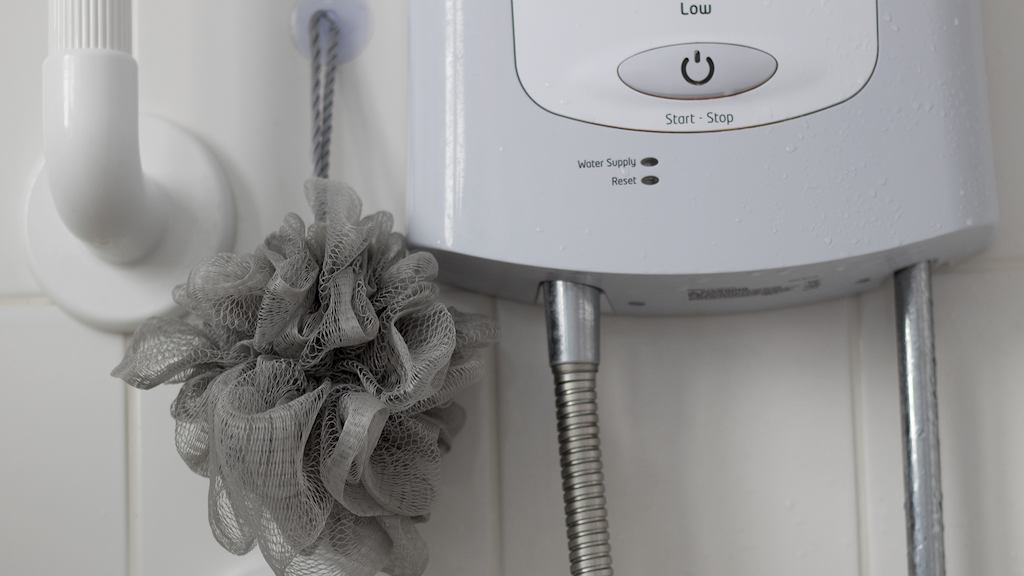Rachael Docking, Senior Evidence Manager, Centre for Ageing Better said: “The homes that people live in can significantly impact on their wellbeing and ability to live their lives the way they want to. Research shows that 80 per cent of homeowners aged 65 and over wish to stay where they are. Home adaptations can help more people achieve this as well as having benefits for society.
“This comprehensive review will identify the most effective adaptations on the market. We will work with others to ensure these are widely available so that more people can remain in their own homes safely for longer.
“We would like to thank everyone who responded to the Invitation to Tender, and look forward to working with UWE Bristol and BRE.”
Ageing Better will also engage with a wide range of organisations involved in providing and funding home adaptations as well as people who have adapted their homes to add practical and personal insights to the understanding of what works.
The review will begin in October 2016 and is due to be completed by July 2017.

